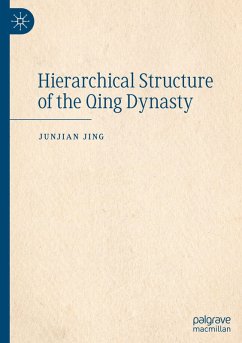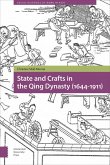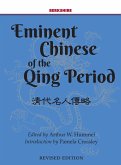This book analyzes the inferiors in the Qing Dynasty society, offering a comprehensive examination of their place within the feudal hierarchy. In autocratic eras, the distinction between nobility and inferiors was a cornerstone of social order, and the existence of these marginalized communities became a defining feature of the feudal hierarchy system. Drawing on interdisciplinary research spanning history, sociology, political science, economics, and jurisprudence, the work systematically explores the estates of inferiors and their internal ranks. It provides a rigorous study of the structural dynamics, historical evolution, and societal functions of the Qing dynasty s hierarchical system, establishing a foundational framework for understanding China s feudal social order.
Bitte wählen Sie Ihr Anliegen aus.
Rechnungen
Retourenschein anfordern
Bestellstatus
Storno








